National Medicines Symposium 2022
NPS MedicineWise will host the 2022 National Medicines Symposium (NMS) virtually on 31 May 2022.
NPS MedicineWise hosted the National Medicines Symposium (NMS) on 31 May 2022 as a virtual event. Preceding NMS 2022 was the Choosing Wisely Australia National Meeting held virtually on 3 May 2022.

Attracting people from all sectors of the health industry, NMS 2022 is a rare opportunity to network, share expertise, ideas and innovations
About NMS 2022
A unique cross-disciplinary event, NMS 2022 brought together the most influential organisations, individuals and decision makers in the health sector to discuss and debate key issues around quality use of medicines and health technologies, and encourage collective impact with a focus on the needs of the consumer.
Attracting people from all sectors of the health industry, NMS 2022 is a rare opportunity to network, share expertise, ideas and innovations.
NMS 2022 includeed plenary sessions, lightning talks, panel discussions and e-poster displays. These sessions will provide an opportunity for health care professionals working in all fields to present and discuss their work with their peers.
National Medicines Symposium: The ABC of Health Literacy
Health literacy is how people understand information about health and health care, and how they act on it. Health literacy affects all areas of medicine selection, use and adherence. People with low health literacy are more likely to experience medicine errors and worse health outcomes.
Health literacy can often feel like too big an issue to tackle.
NMS 2022 aims to support putting health literacy into action to improve the quality use of medicines. NMS 2022 will bring individuals, organisations and experts together to share ideas and learn from each other. You will take away tools and resources to help improve health literacy in your organisation or community.
Toolkit
There are many tools to help you put health literacy into action and improve the quality use of medicines. This kit has the key tools shown at the National Medicines Symposium – and some others that we like.
Program
Program correct as at 27 May 2022
|
Time |
Program |
Speakers |
|
10.00am AEST |
Conference open |
|
| 10.03-10.05am | Welcome to Country | Metropolitan Land Council |
|
10.05-10.15am |
Conference Welcome |
Katherine Burchfield |
| 10.15-10.22am | Introduction to MC | Adam Spencer |
| 10.22-10.40am | What is Health Literacy? | Dr Danielle Muscat Westmead Lead, Sydney Health Literacy Lab Michael Cousins Chair of NPS MedicineWise Consumer Advisory Group |
|
10.40-11.15am |
Keynote presentation Jo Medlin will address the scale of low literacy and numeracy in Australia. She will look at the skills people need to take medicine safely. Jo will highlight real world issues, present a case study and share practical tools and resources. |
Jo Medlin |
| 11.15-11.25am | Break and e-Poster presentations | |
| 11.25-12.10pm | Make it Easy: A Handbook for Becoming a Health Literate Organisation Workshop What can organisations do to improve their health literacy? HealthWest Partnership will present on the how they have tackled this question. This session will also show you the Make it Easy handbook. This handbook is a step by step guide to make it easy for others to become health literate organisations | Kristie Cocotis Diabetes Victoria Deborah Kacprzak Consumer Advocate |
| 12.10-12.55pm | Lunch | |
|
12.55-1.25pm |
Lightning talks
|
|
|
1.25-2.00pm |
Keynote presentation Prof Nutbeam will present on current research and development of health interventions to improve health literacy in different populations. |
Professor Don Nutbeam |
|
2.00-2.35pm |
Keynote presentation Good Things Foundation Australia will present on the issue of the digital divide. Explore implications and opportunities as they relate to our health system and people's health literacy in an increasing digital environment. |
Liz Jones |
|
2.35-2.45pm |
Break and ePoster presentation |
|
| 2.45-3.30pm | SHeLL Editor Workshop What can individuals do to improve health literacy within their community and organisation? Dr Julie Ayre will demonstrate how SHeLL Editor can be applied to create health materials that are easy to understand. | Dr Julie Ayre Postdoctoral Researcher Sydney Health Literacy Lab, University of Sydney |
| 3.30-3.55pm | Closing perspectives | Dr Caroline West Jo Medlin Consumer representative Katherine Burchfield CEO, NPS MedicineWise |
| 3.55-4.00pm | Conference close | Katherine Burchfield |
Speakers
Adam Spencer - MC
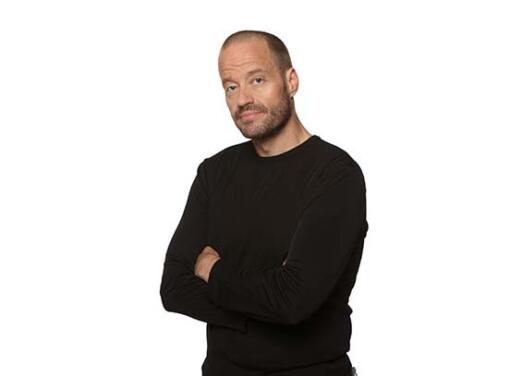
Adam Spencer is a famous Australian media personality and public mathematician. He likes to describe himself as “nowhere near Australia’s best mathematician - but possibly it’s best known”.
Adam was completing a PhD in Pure Mathematics at the University of Sydney when he won a national Raw Comedy championship with Triple J, Australia’s youth radio station. He then went to become one of Australia’s most respected, wittiest and thought provoking breakfast radio commentators across Triple J and later ABC 702. His dexterity at being both mathematical - he has authored 7 best-selling books for talented maths students - and verbal - he was voted best debater in the world at the 1996 World Championships - makes him a curious customer indeed.
Adam is currently the Ambassador for Science and Mathematics at the University of Sydney, and his next book, Maths 101, for Dumb Dads and Desperate Mums, is released by Hardie Grant.
Kristie Cocotis
Kristie Cocotis is the Manager of Prevention and Health Promotion at Diabetes Victoria. Kristie has a Bachelor of Science (Biomedical Science) and a Master of Public Health and has been working in health promotion with a focus on diversity and inclusion for over 15 years. She has worked in non-for-profit organisations overseas (Tonga) and interstate as well as local government. Kristie is passionate about health equity, public health advocacy, and the complex world of health literacy.
Dr Danielle Muscat
Dr Danielle Muscat, B.Psych. [Hons Class 1], PhD, FHEA, is a Post-Doctoral Research Fellow in the Sydney Health Literacy Lab at the University of Sydney. She currently holds a highly-competitive Westmead Fellowship (Early Career Researcher) funded by Western Sydney Local Health District (WSLHD) and is the Director of Research of the WSLHD Health Literacy Hub (a locality-based research, development and capacity-building hub including >1000 WSLHD staff and consumers).
Her strong international profile in health literacy is demonstrated by her appointment in 2019 as an Advisor on Health Literacy to the World Health Organization (ongoing) and her appointment to the International Health Literacy Association’s Research Standards Committee in 2021. Dr Muscat won the Institute for Healthcare Advancement’s International Health Literacy Award in 2022 and in October 2021, Expertscape placed her in the top 1% of scholars writing about Health Literacy over the past 10 years.
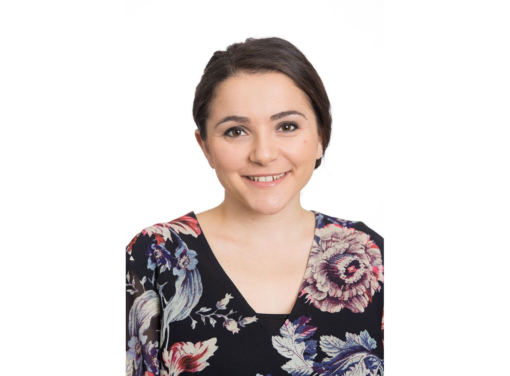
Professor Don Nutbeam
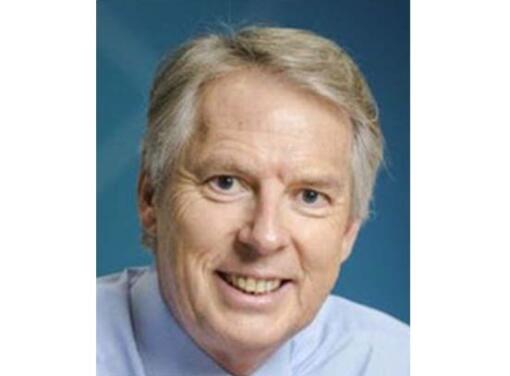
Don Nutbeam is the Executive Director of Sydney Health Partners and a Professor of Public Health at the University of Sydney. Sydney Health Partners is a NHMRC accredited Advanced Health and Research Translation Centre. Don Nutbeam’s career has spanned senior leadership positions in universities, government, health services and international organisations including WHO and the World Bank. He was formerly Vice-Chancellor of the University of Southampton, UK, Provost of the University of Sydney, and Head of Public Health for the UK Government.
He is a public health scientist with research interests in the social and behavioural determinants of health, and in the development and evaluation of public health interventions. His current research focusses on the development and testing of interventions to improve health literacy in different populations.
Jo Medlin
Jo Medlin is an advocate for adults with unmet literacy and numeracy needs in Australia. Jo is president of the Australian Council for Adult Literacy (ACAL) and a member of the Reading Writing Hotline Steering Committee. Sitting on several reference committees, she provides advice about adult literacy to Governments and the vocational education field. You may also have seen her recently as the adult literacy learning consultant and teacher on the SBS production Lost for Words (now on SBS on Demand).
As a passionate educator, her work now focuses on professional development to new and experienced teachers, advice to industry, and on increasing community awareness. Jo is driven by the power of literacy and numeracy to improve quality of life and create intergenerational benefits. With a staggering percentage of adults struggling to read everyday essential information, and an even higher percentage challenged by everyday maths, Health Literacy is an important part of Jo's advocacy work in Australia.
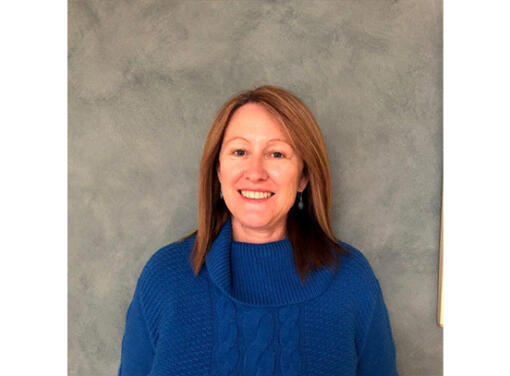
Dr Julie Ayre
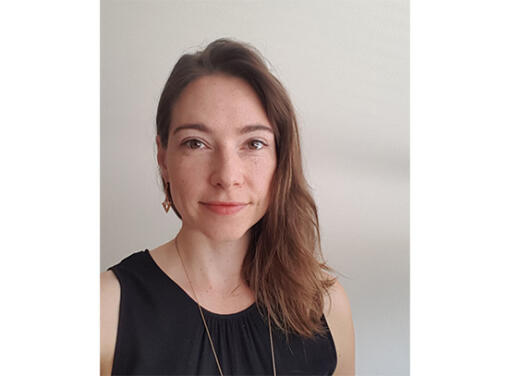
Dr Julie Ayre is a post-doctoral research fellow at the University of Sydney within the Sydney Health Literacy Lab. She is also an active academic in the Health Literacy Hub, which supports health literacy skills development in the local health care workforce. Dr Ayre sits on the scientific advisory team that is currently developing the 2022 National Health Literacy Strategy on behalf of the Australian Government Department of Health. Dr Ayre’s research has focused on health literacy, digital health, and behaviour change across varied health conditions (e.g. diabetes, low back pain, COVID-19).
She led development of the Sydney Health Literacy Lab’s Health Literacy Editor, an online text-editing tool that helps health information providers develop easy-to-read health information, and led Australia’s largest multi-language survey capturing COVID-19 knowledge, attitudes, and behaviours.
Ms Liz jones
Liz brings 20 years of experience working across health, government, community/not for profit and commercial sectors. For the past 12 years she has held senior roles delivering digital transformation of the health and non-profit sectors to improve outcomes for Australians. Most notably she led consumer engagement, communications and education to support the expansion of the My Health Record system in 2018/19 to all Australians.
Liz is passionate about ensuring that everyone can benefit from digital technology, particularly for the benefit of their health and wellbeing. At Good Things Foundation, Liz is responsible for delivery of our digital inclusion programs and projects and ensuring that the expected outcomes are achieved, as well as building strong partnerships with government, the community sector and corporates to increase our impact and striving towards all communities having equal ability to participate in our digital world.
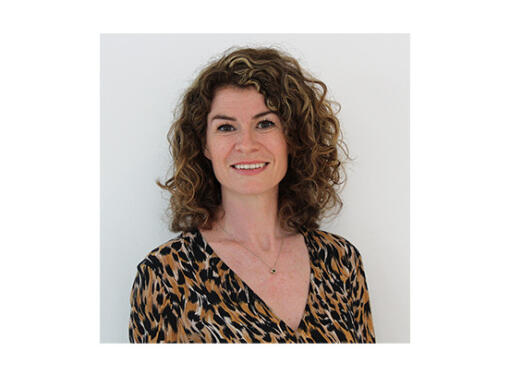
Dr Caroline West
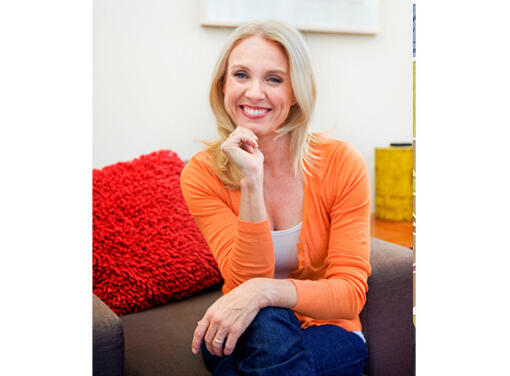
Dr Caroline West is a GP and Medical Advisor for NPS Medicine Wise. As a GP she has worked in both city and rural / remote locations. Caroline is the past President of the Australasian Society for Lifestyle medicine and she has expertise in her interest areas of preventative medicine, exercise, nutrition, sleep, performance, the Quality Use of Medicines and technologies and mental health. Dr Caroline is also well known as a medical journalist and broadcaster. She has been the host/ reporter on programs including Ask the Doctor, Catalyst, Beyond 2000, Beyond Tomorrow, Good Medicine, Guide to the Good Life and 60 minutes. As a health commentator , Caroline regularly appears on a variety of TV programs including The Drum and The Project and is a regular on radio, podcasts and in print
Mr Michael Cousins
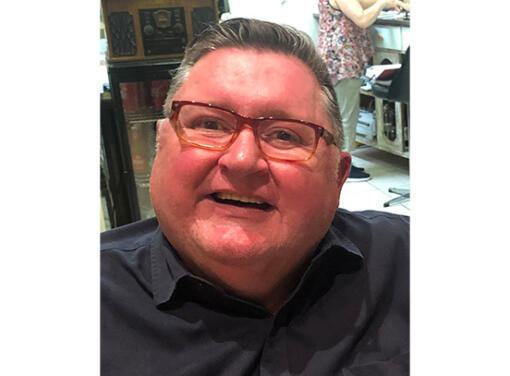
Michael Cousins is a health consumer and advocate with extensive experience in public health, including health education, safety and quality in health care, the quality use of medicines, and consumer and community engagement. His work in public health began in the community based response to HIV/AIDS in the 1990s.
Michael has previously served as Chief Executive of Health Consumers Alliance of SA Inc, Assistant Director of Community Engagement for the Royal Commission into Aged Care, Manager Community Engagement for Carers SA, and as Chief Executive at Quality Management Services. Michael is passionate about the determinants of health and the importance of authentic community engagement, as recently evidenced by the disproportionate impact of COVID across communities in Australia.
Deborah Kacprzak
Deborah Kacprzak is a Consumer Advocate who has been working in the Health Literacy space for 8 years. Deborah is passionate about encouraging organisations to work more often and in collaboration with consumers, carers and communities to build safer and more effective healthcare systems and services. A better understanding of the complex and fascinating area of Health Literacy is a critical element in producing better health outcomes for all of us.
Registration
Registration for NMS 2022 is now open. We welcome all delegates and look forward to seeing you online at this virtual event.
Registration fees
The registration fee for all virtual attendees is $100.
The fee is in Australian dollars and includes 10% Australian Goods and Services Tax (GST).
Payment
Registration fees must be paid by MasterCard or Visa at the time of registration. Note that payments will appear as Expert Events on your credit card statement.
How to register
You must register your participation via the NMS 2022 online portal. You will receive an immediate confirmation via email, including a paid tax invoice. If you do not receive this email, please first check your junk box, then contact [email protected].
Cancellation policy
Registration refunds will not be provided as presentations will be recorded and available for viewing on demand for a set period of time at the conclusion of the event. Cancellations due to extenuating circumstances will be considered by the Organising Committee.
Transfer of registration
You may transfer your registration for this Event to a colleague by advising the symposium secretariat via [email protected].
Questions?
Contact the NMS secretariat.

Email: [email protected]
Phone: 07 3848 2100
Post: Expert Events, PO Box 351, Hamilton Central QLD 4007 Australia.
